
Looking into volcanic emission
Volcanic gas emissions can affect the climate, environment and society, not only in the case of violent eruptions but also under quiescent degassing conditions.

Volcanic gas emissions can affect the climate, environment and society, not only in the case of violent eruptions but also under quiescent degassing conditions.

Storvannet is a small lake close to Hammerfest. It looks idyllic, but the reason why NILU scientist Dr. Ingjerd Sunde Krogseth and colleagues are so interested in it is what lies below the lake’s surface. At the lake’s bottom, scientists have found that sediment and aquatic animals contain large amounts of chemical ingredients from cosmetic products called siloxanes.

Polar research receives increasing interest internationally due to the large environmental changes occurring in the Polar Regions. Thus, in late 2016, the Research Council of Norway (RCN) initiated an evaluation of Norwegian polar research, and NILU – Norwegian Institute for Air Research was among those institutes included in the evaluation.
We are now halfway to doubling the radiative forcing of CO2 since pre-industrial times, although CO2-concentrations are not halfway to doubling.

From the NILU Annual Report 2016: ACTRIS is an infrastructure enabling observation-based research to improve understanding of climate and air pollution. The main focus is aerosols, clouds and reactive gases in the atmosphere, and their physical, optical and chemical properties.

From the NILU Annual Report 2016: The fact that plastic waste pollutes the oceans is well known and has attracted a lot of media attention both in Norway and internationally. The visible plastic waste is what most people notice – but most of the plastic in the sea cannot be seen by the naked eye.

NILU’s Annual Report for 2016 is ready. Read about our research on, among other things, microplastics, nanomaterials and air quality measurement. Read it in digital format (ISSUU), or download the pdf
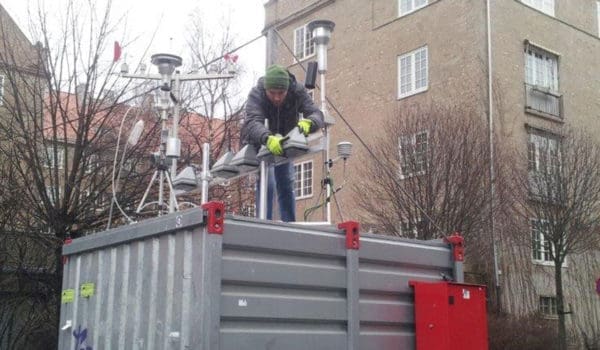
From the NILU Annual Report 2016: New technology brings new opportunities. So why haven’t we discarded those large monitoring stations and started using microsensors yet?
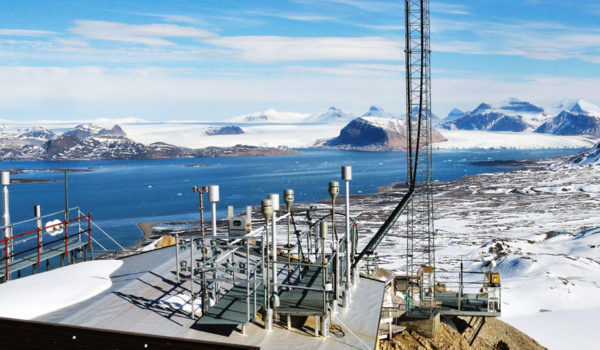
9. and 10. May 2017: While climate negotiators from almost 200 countries met in Bonn to hammer out a “rule book” for putting the Paris Agreement into practice, more than 30 scientists gathered in Oslo to discuss how to build an observation system that can monitor the nations’ pledges to cut greenhouse gas emissions.
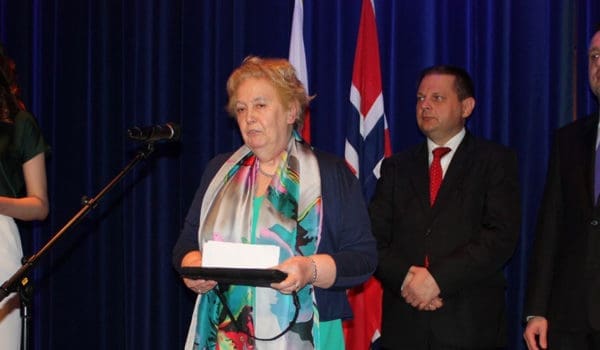
Oslo Concert Hall, May 13. 2017: Dr. Elisabeth Pacyna from NILU’s Department for Environmental Impacts and Solutions has been honoured with the award of “Outstanding Pole in Norway 2017” for her work in science.
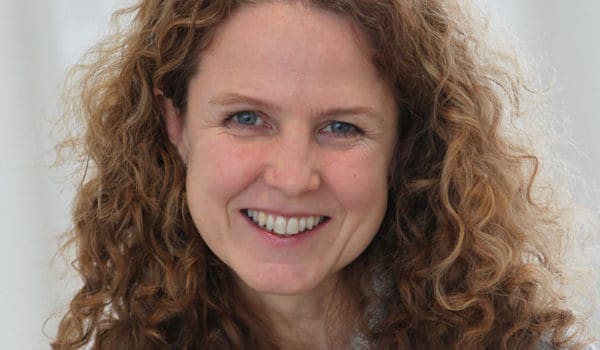
Britt Ann Kåstad Høiskar is employed as Research Director at NILU’s Urban Environment and Industry Department (INBY) from June 1, 2017.

Methane levels in the atmosphere have been steadily increasing since 2006 after a period of relative stability between the late 1990s and the mid 2000s. The reason for the increase is a current hot topic of debate between the importance of variation in natural sources, related to climate, versus emissions from human activities.

From Fram Forum 2017: Environmental contaminants can travel with the wind from the equator to the Arctic, and the longer such contaminants survive in the environment, the greater their potential to cause unwanted effects on people, animals, and nature. Scientists from NILU have recently criss-crossed Norway, using “UFOs” to search for airborne organic contaminants.

Our search for new environmental compounds never stops. However, with NILU’s new mass spectrometer, able to identify chemicals at extremely low levels, the job just got easier.
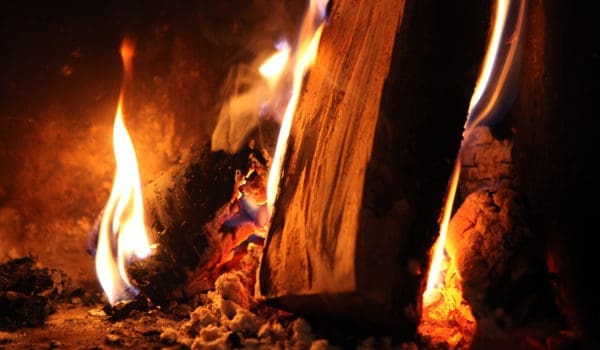
While electricity produced from hydropower is the primary means of residential heating in Norway, wood burning stoves are the second most important source of heating. The consequences are significant emissions of particulate matter (PM) and other compounds with negative effects on human health.

Cristina de Brito Beirão Guerreiro is appointed Research Director of NILU’s Department for Industry and Environmental Economics
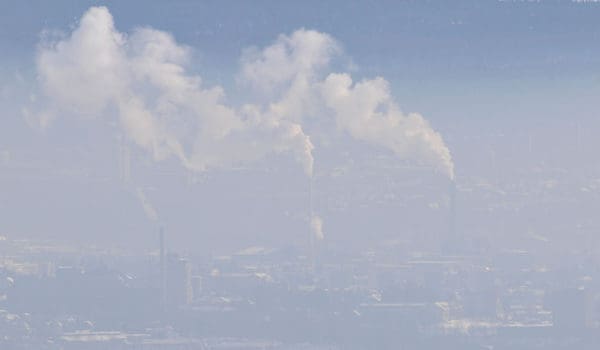
Air pollution has significant impacts on the health of Europeans, particularly in urban areas, according to the new “Air quality in Europe — 2016” report from the European Environment Agency (EEA). Harmful particulate matter causes the premature deaths of ca 467,000 Europeans each year, of which nearly 1600 Norwegians.
12 October 2016: China is today the largest emitter of certain toxic fluorinated chemicals in the world, as presented in a new study published in Environmental Science and Technology.
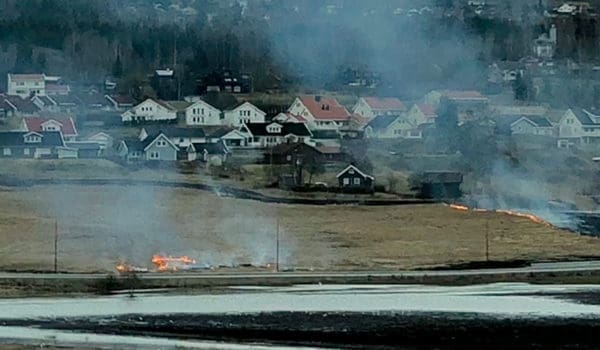
Household combustion and agriculture are key emission sectors in future air quality management aiming at the reduction of health effects from exposure to PM, including BaP.
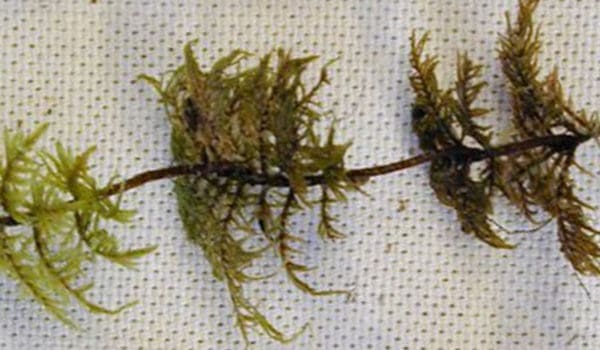
From the NILU annual report 2015: Air pollution knows no borders. Particles emitted from sources far from Norway are transported through the atmosphere and deposited in Norwegian mountains and forests. Moss have proven to be especially useful when scientists want to map the atmospheric
deposition of heavy metals in the environment.
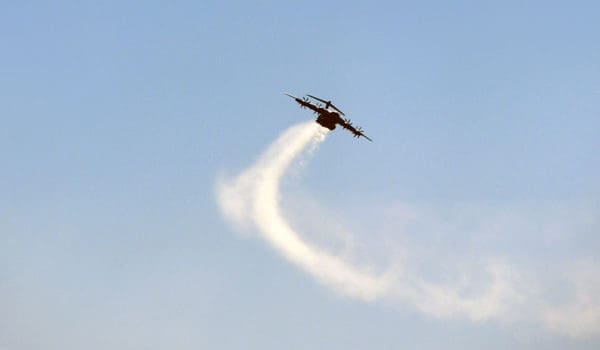
In a new article published in Nature, the team behind the «Airborne Volcanic Object Imaging Detector – AVOID» system report the results of an experiment conducted over the Atlantic Ocean. It confirmed the ability of the device to detect and quantify volcanic ash in an artificial ash cloud.
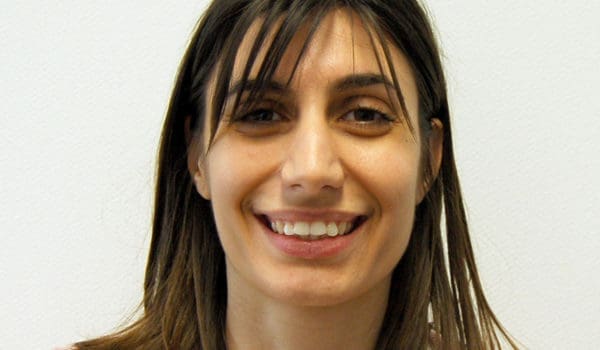
Sofia Eirini Chatoutsidou defended her PhD thesis at the Technical University of Crete on May 20 this year. The title of the thesis was “Physical processes of indoor aerosols in modern microenvironments”.

From the NILU annual report: NILU owns and operates a wide range of ‘background’ stations around Norway. Situated slightly off the beaten track, these stations measure atmospheric composition and deposition, contaminants, climate forcers, the ozone layer and UV radiation.
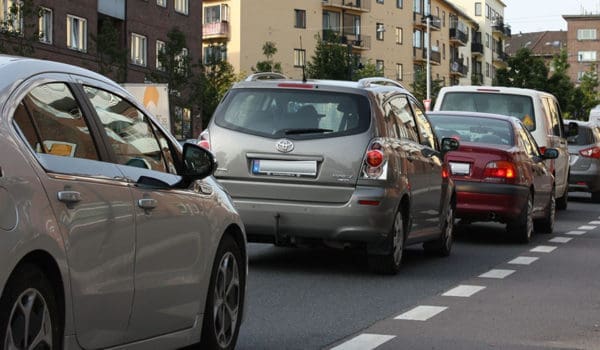
From the NILU annual report 2015: Although European air quality has improved considerably during the last decades, it is still estimated that more than 1,500 deaths each year in Norway can be connected to bad air quality.